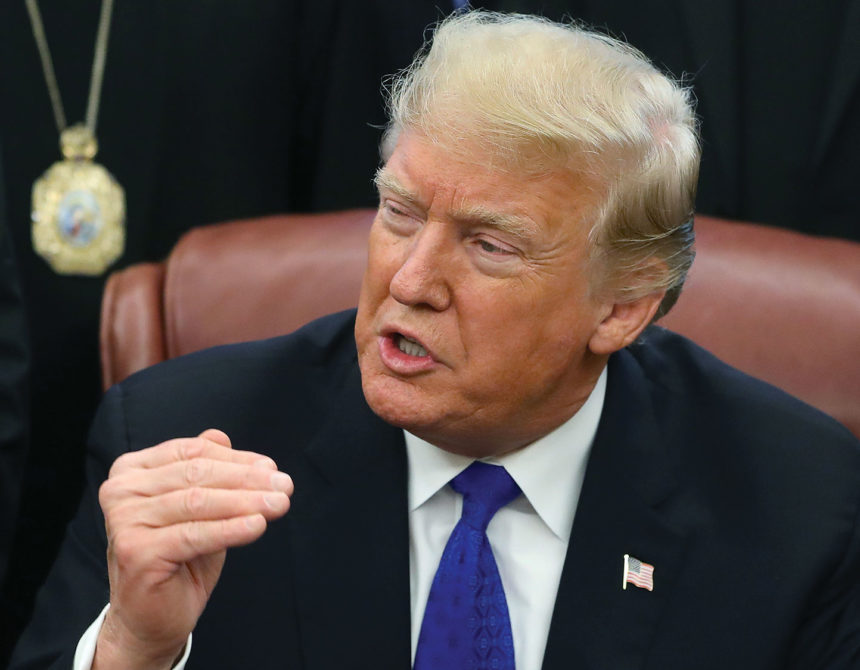
Providers are blasting a proposal from the federal government that would penalize legal immigrants for using Medicaid, arguing it could hurt the long-term care industry and its residents.
The “public charge rule,” issued in October, would let federal officials consider immigrants’ use of public health insurance and other programs as factors in their application for permanent residency. Proposed changes would also apply to citizens’ and legal residents’ requests to bring family members to the U.S., Modern Healthcare reported Wednesday.
The Department of Homeland Security received nearly 211,000 comments on the proposal, with long-term care industry stakeholders voicing their disapproval. The trade group representing health insurers, for one, said this proposal would have “significant negative downstream effects” on the already-short supply of workers in long-term care.
About 25% of the 4 million direct care workers in the U.S. are immigrants, and a significant number of them rely on government health programs like Medicaid, America’s Health Insurance Plans wrote in its letter. They’re worried that the proposed rule would lead lawfully present immigrants in direct care to conclude that being in the profession might jeopardize their immigration status, whether due to their receipt of Medicaid benefits or confusion about being paid with Medicaid funds.
“The proposed rule would depress the rate of legal immigration at a time when more workers are needed,” AHIP wrote. “Either scenario would decrease the number of direct care service workers and exacerbate the impending direct care shortage, making it more likely that older Americans and people with disabilities will have to receive care in nursing facilities instead of remaining in their homes with personal supports.”
LeadingAge also submitted comments on the proposed rule, and released a breakdown of what it means for the long-term care industry in October. Its letter argued along similar lines, noting the dire straights for many facilities. In some states, as many as one-third of long-term care jobs go unfilled, with no applicants at all, it said.
The trade group also expressed concerns that older people living in low- to moderate-income immigrant families will be fearful about seeking services they need.
Others healthcare groups, such as the American Academy of Family Physicians and American Hospital Association, also submitted comments opposing the legislation.
Public benefits covered by the proposed rule would include Medicaid, Medicare, Part D Subsidies and the Supplemental Nutrition Assistance Program. DHS estimated that the regulation would impact about 382,000 individuals annually, though experts predict it could be far more, Modern reported. The Kaiser Family Foundation predicted that upward of 4.9 million Medicaid and CHIP beneficiaries would disenroll for fear of family members losing legal status.




